Iran is "nervous" that its allies in Yemen could spark a wider conflict, according to a leading expert.
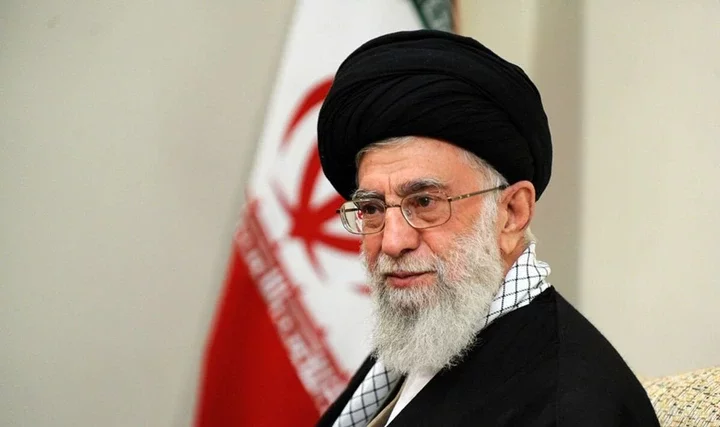
Tehran's regime is a longstanding enemy of Israel and has financially and politically supported a number of terror organizations in the Middle East.
These include Hamas in Gaza, Hezbollah in Lebanon, and the Houthis in Yemen.
The latter has caused chaos in recent weeks by attacking cargo ships moving in the Red Sea towards the Suez Canal, a vital route for international trade.
Ali Vaez, Director of the Iran Project and Senior Advisor at Crisis Group, tells Daily Express US that the actions of the Houthis risk a wider conflict in the Middle East.
He said: "The problem is that there is a slope of escalation that is rising by the day, and some of the actions from Iran's allies, like the Houthis, is clearly making the Iranians quite nervous because there is a possibility that the Houthis will engage in an action that will result in significant fatalities.
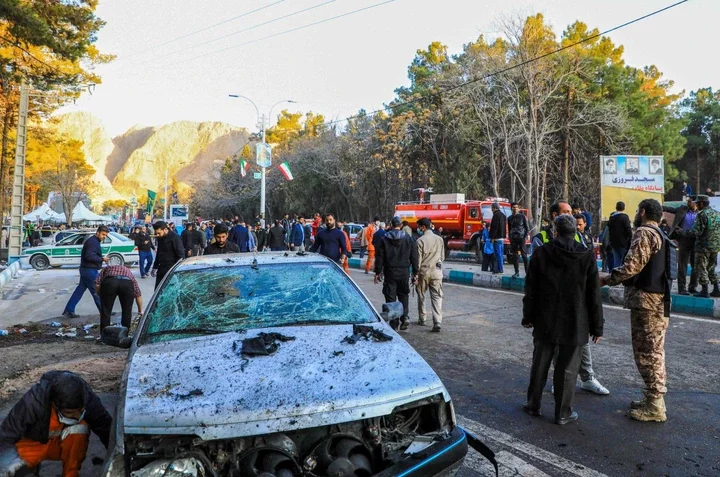
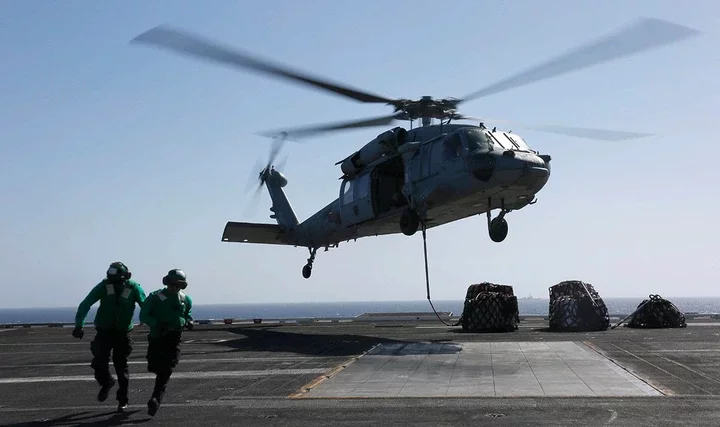
"Iran would pay the price for this. It's an incredibly fine balance...with groups like Hezbollah or the Houthis.
"Houthis are aligned with Iran but they are fiercely independent. That is where the risk lies. There is a significant risk of uncontrolled escalation."
As Israel bombards Gaza intending to destroy Hamas, 22,000 Palestinians have been killed.
While this continues, Hezbollah in Lebanon has also exchanged missile strikes with Israel. This week, the IDF killed a senior Hamas official with a strike in Beirut.
With the Houthis also causing chaos in the Red Sea, Mr Vaez fears a wider conflict in the Middle East is possible.

He added: "The risk (of the war spreading) is quite significant) because of the number of actors involved. There are dozens of non-state actors and states involved.
"Given the degree of tensions and the repeated warnings from the US to the Houthis to stop disrupting trade in the Red Sea, it is only a matter of time before the US takes military action against the Houthis.
"It is a very fragile situation, one mishap or miscalculation could result in a regional conflict. October 7 could be seen in retrospect as the region's 1914 moment."

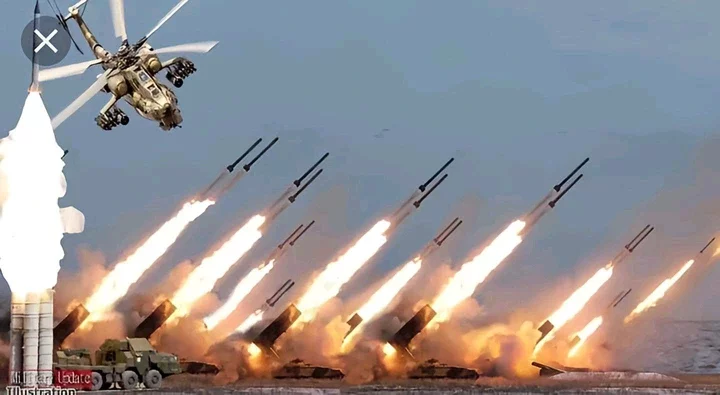
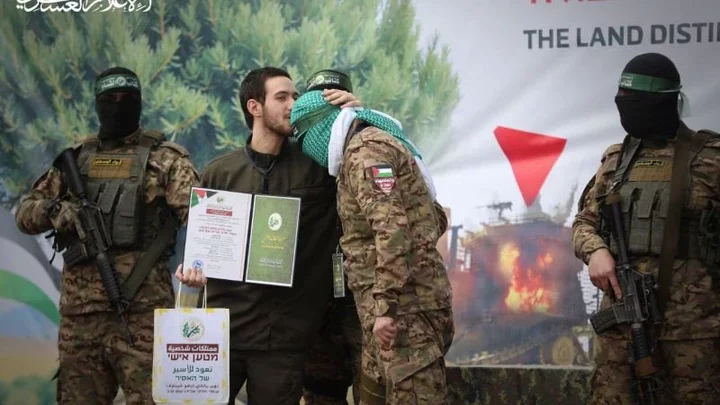
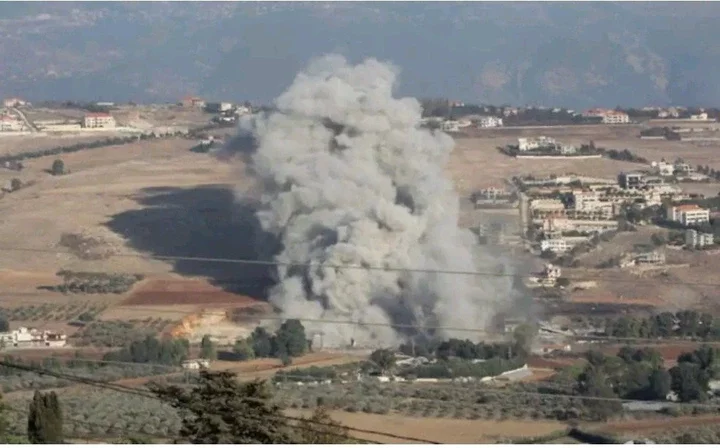
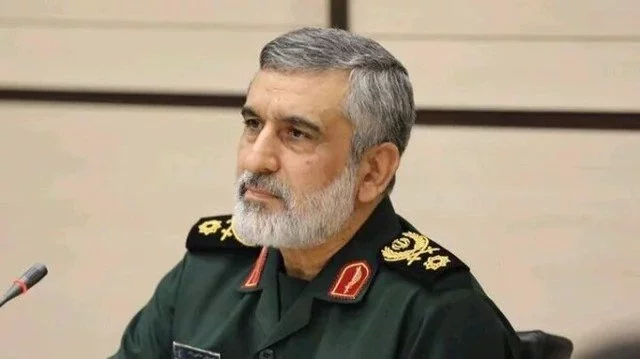
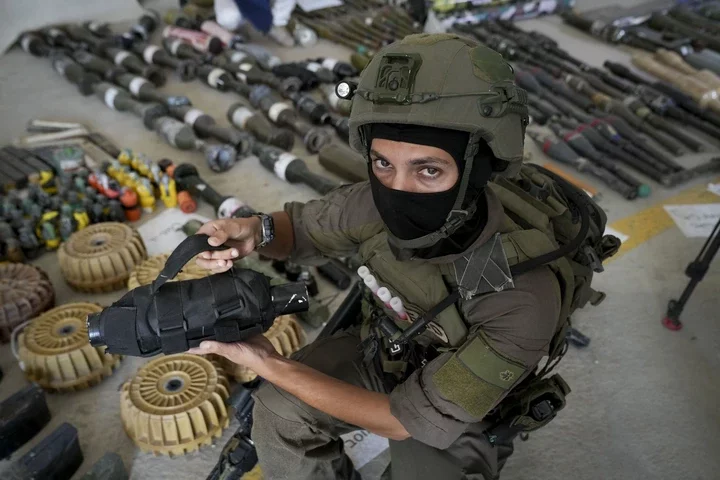
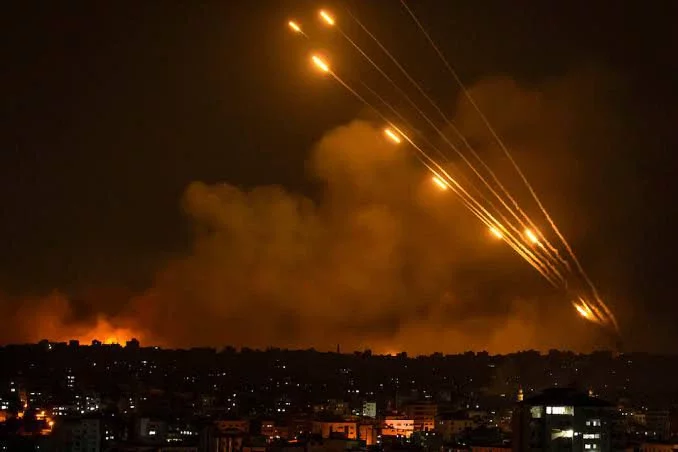









Comments